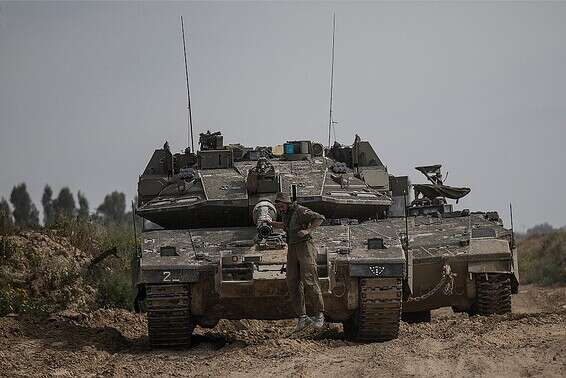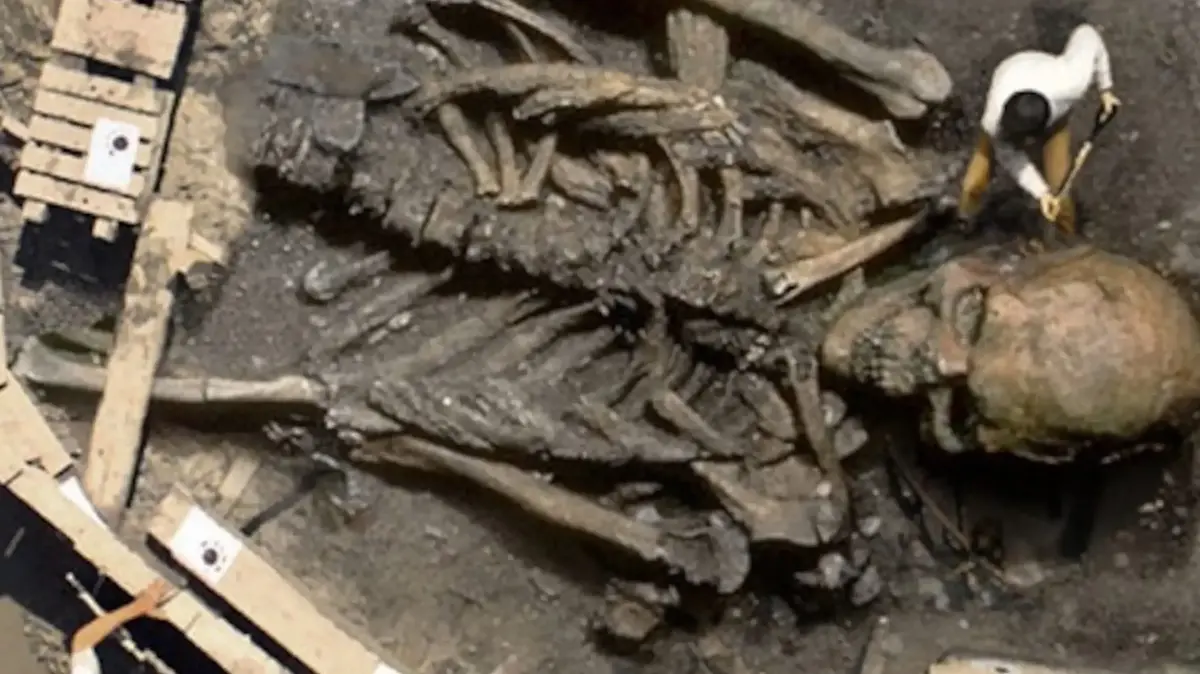A researcher at the Hebrew University examined 300 battle pages, from the site of the state to Operation Eitan Cliff • Surprising Findings: Disappearance of Striving for Victory and Erasing the Bible
The battle pages are one of the best-known ways of senior IDF officers to inspire fighting in soldiers ahead of a war or major operation, with the best-known battle page being that of Brigadier General Ofer Winter, then commander of the Givati Brigade, who wrote to his fighters that "the enemy ... And blaspheme the God of Israel's systems. "
These things, including a reference to God, provoked quite a media storm, and claims that because of this his promotion was prevented.
The first study of its kind written by doctoral student Neta Gal-Nur and led by Prof. Dan Avnon of the Department of Political Science at the Hebrew University, and published in the journal Israel Studies Review analyzes this phenomenon using about 300 battle pages written in Israel from the War of Independence to Operation Eitan. (1948- 2014).
In addition, the study examines the reasons, justifications, and key values for which IDF soldiers were required to risk their lives among the state to this day. This is the first study of its kind about battle pages in Israel, and reveals a fundamental and fascinating change in narrated narrative and key values leading IDF soldiers. For battle after the Yom Kippur War.
Battle pages, the researcher explains, are short and fascinating texts that senior commanders write during battle in order to energize the soldiers, instill in them determination and confidence in battle and strengthen them in the face of possible sacrifice.
Focusing on the moment when a citizen is required to risk his life and the lives of others makes it possible to refine the core values for which soldiers are sent to fight, and presents the justifications for war and its desired results in the eyes of senior commanders, who are state-qualified representatives in war.
An analysis of the hundreds of battle pages shows that between the War of Independence and the Yom Kippur War, IDF commanders chose to emphasize the soldiers' affinity for Judaism in all its shades - Jewish history, Jewish heritage and stories of heroism from the Bible and antiquity, such as the story of King David and the hero Samson. On her part.
The pages also included biblical quotes from wars with Israel.
The stories and quotes were used by the commanders to create cohesion among the warriors, to place them as part of a historical chain of Jewish warriors, thus marking for them by name what heritage they are warriors, and what importance the land on which they are fighting.
For example, in a battle page of Abba Kovner, the cultural officer of the Givati Brigade in 1948, it was written: "Between Shuka and Ezka in Zero Blood: Givati's journey in the fields of David ... where Goliath knelt."
After the Yom Kippur War and until Operation Eitan, the appeal to the Jewish sentiment decreased significantly.
The legacy of the biblical warriors gave way to the legacy of IDF warriors from 1948, while stories of heroism and goals such as purging and liberating the land became focused missions such as "restoring the normal routine of life" (Sami Turgeman Commander of the Southern Command, Operation Eitan, July 2014). Or in order to bring about a "decrease in the volume of firing" (Chief of Staff Bnei Gantz, Operation Pillar of Cloud, November 2012).
The language of the battle pages, it seems, has changed from a sentimental language focused on Judaism in all its shades until 1973, to a rational language focused on fulfilling tasks and restoring peace and security to the citizens of Israel in recent decades.
"The change in the battle pages shows that Judaism and the Jewish heritage served as a unifying glue and a common denominator of a young society, in the years when the war sacrifice was perceived as heroism and the legitimacy of the wars was high," the researcher explains.
"On the other hand, since the 1980s, society in Israel has changed beyond recognition and become more individual and liberal, more divided, and there has been a decline in the legitimacy of wars that were no longer perceived as 'no choice' wars," she notes.
Sacrifice in war has ceased to be a supreme civilian virtue, and for some of the population conscription into the army has become a struggle for "equality in burden" and not a right. And the focus on missions and values of the army, such as those presented in the spirit of the IDF, "served the commanders when they came to spur the soldiers into battle."
The battle pages written after the 1980s reveal the attempt to create cohesion and find a common denominator, against the background of multiple disagreements about the basic civil values in light of which they go into battle.
To some extent, IDF commanders preferred not to play with fire and refrained from engaging in issues of justification for the operation, control of the civilian population and other political issues. Defining victory in war became a vague concept, and the nature of fighting and enemies changed completely. Military and focusing on military missions and values (such as those presented in the IDF spirit) as justifications for going into battle.
Against the background of the distancing from the language of collective heritage and the increasing use of utilitarian language, Winter's remarks in Operation Eitan were perceived as deviating from the custom in post-war battle pages after the 1973 war. His remarks provoked public controversy in Israel over religious content
"I believe that the study will open a window to questions about the values, justifications and reasons for the supreme sacrifice required of a civilian in the country as expressed in the eyes of senior commanders during a battle," Gal-Nur concludes.
"In a follow-up study, it will be possible to compare battle pages written in Israel with battle pages in other armies and in different periods. Wars that have taken place on the lands of other countries. "






/cloudfront-eu-central-1.images.arcpublishing.com/prisa/U2R7NZPI4CFAXSB3RA5IFUE2VE.jpg)


